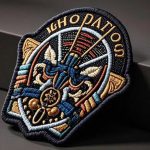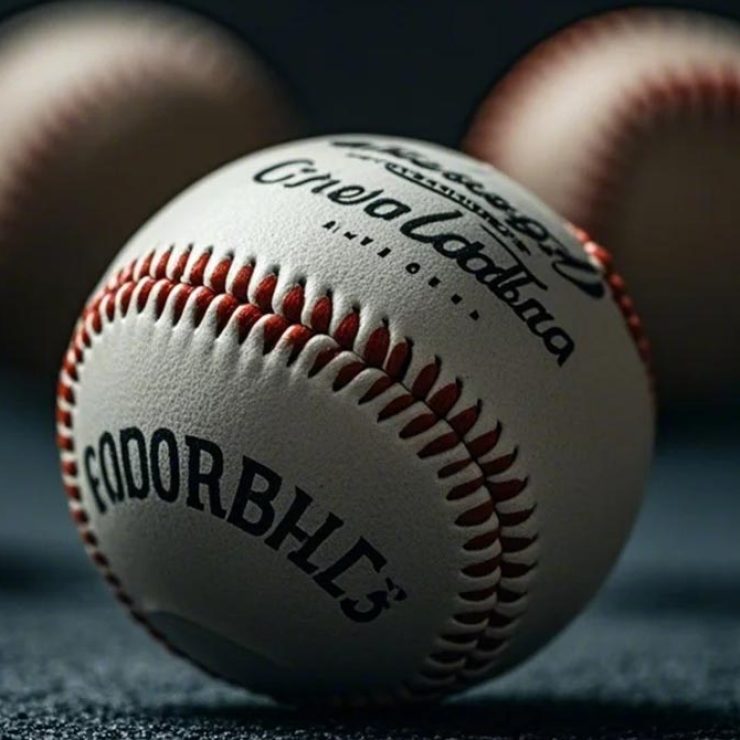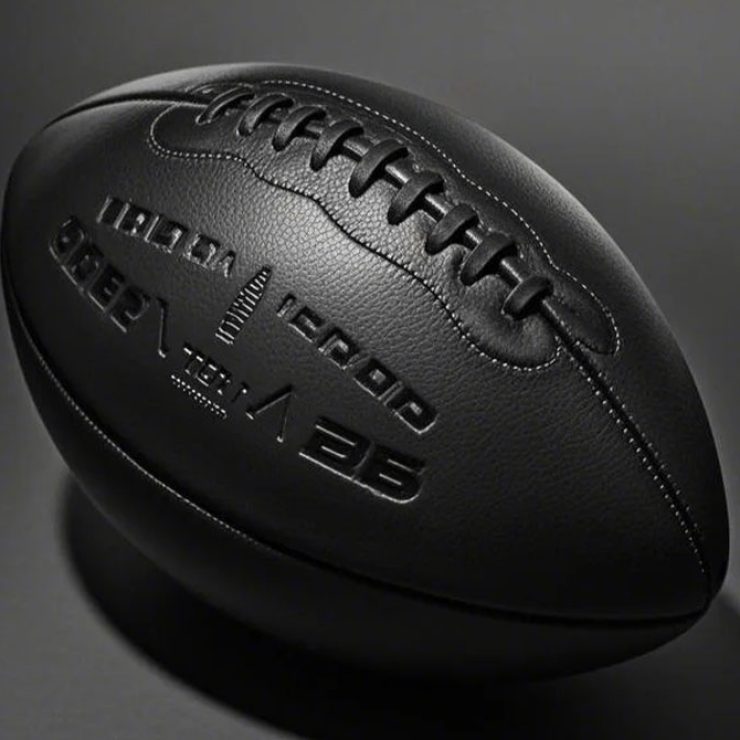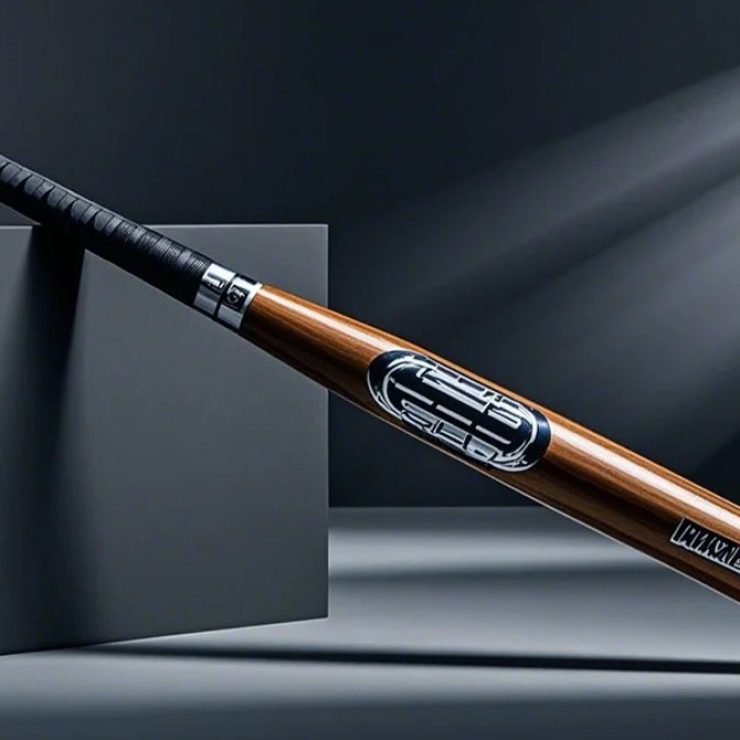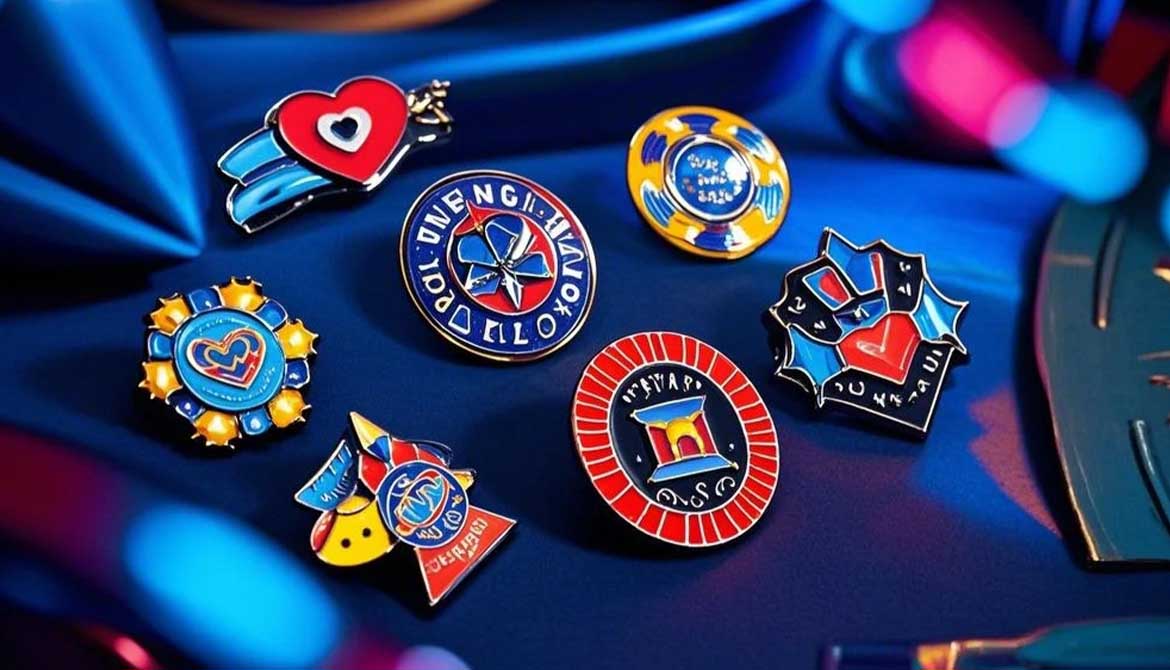
Enamel Pins

Material
Enamel, Iron/Steel, Brass/Zinc Alloy, Copper

Attachment
Rubber Clutch, Butterfly Clutch, Magnetic Backs

Plating
Painted or enameled as per design.

ECO
Eco-Friendly Materials, Recycled metals, lead-free plating, and water-based dyes.
- 1. Design & Artwork Preparation
- Conceptualization: Finalize the pin’s shape, size, colors, and details (e.g., text, logos).
- Vector File Creation: Convert the design into a high-resolution vector file (AI, EPS) for precision.
- Mold/Die Creation:
- Stamped Pins: A custom steel die is made for cutting and stamping the metal.
- Cast Pins: A 3D master model is CNC-machined or 3D-printed to create a silicone mold.
2. Material Selection- Base Metal:
- Iron/Steel: Affordable and durable (common for soft enamel).
- Brass/Zinc Alloy (Zamak): Higher quality, ideal for plating and hard enamel.
- Copper: Used for premium, antique-finished pins.
- Enamel: Glass powder (soft or hard enamel) for color filling.
- Plating: Gold, silver, nickel, or antique finishes.
3. Manufacturing StepsA. Stamping or Casting- Stamped Pins:
- A hydraulic press uses the die to cut and emboss the design into a metal sheet.
- Excess metal is trimmed, and edges are polished.
- Cast Pins:
- Molten zinc alloy is poured into a silicone mold.
- Cooled, removed, and polished to smooth rough edges.
- Electroplating applies a thin layer of gold, silver, nickel, or other finishes to the metal base.
- Soft Enamel:
- Enamel powder fills recessed areas of the design.
- Baked at ~300°C (572°F) to harden.
- Colors are applied in layers, separated by metal ridges (cloisons).
- Hard Enamel:
- Enamel fills the recesses and is polished flat after baking for a smooth, glossy finish.
- Soft Enamel: Retains textured, 3D-like ridges between colors.
- Hard Enamel: Polished to a smooth, glass-like surface.
- Epoxy Coating: A protective clear layer is added to prevent scratching and fading.
- Pin Backs:
- Rubber Clutch: Common for lightweight pins.
- Butterfly Clutch: Secure backing for heavier pins.
- Magnetic Backs: For easy removal (no piercing).
- Other Attachments: Keychains, lanyard clips, or screw posts.
4. Quality Control- Color Accuracy: Match to Pantone swatches under controlled lighting.
- Durability Tests: Check plating adhesion, enamel chipping, and clasp strength.
- Dimensional Checks: Ensure size and thickness meet specifications.
5. Packaging- Individual Packaging: Pins are wrapped in polybags, cardstock, or bubble wrap.
- Bulk Orders: Packed in boxes with foam inserts for protection.
- Branding: Custom tags, stickers, or branded backing cards.


